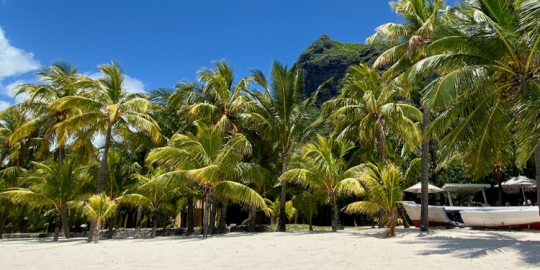Living in Kazakhstan guide for expats
All the information you need to relocate and live in Kazakhstan.
About Kazakhstan
The former Soviet Republic has enormous economic potential thanks to its abundant reserves of oil and vast mineral resources. Kazakhstan strategically links the rapidly developing Asian markets with those of Russia and Western Europe.
Demand from Kazakhstan's key trading partners, China and Russia, as well as global oil demand and prices, remain the key external factors that impact the local economy. Since its independence following the collapse of the Soviet Union in 1991, major investment in the oil sector has resulted in rapid growth in this Central Asian country, which has enticed many foreign professionals and eased some disparities in wealth. The country has managed to transition to upper-middle-income status in less than two decades, and poverty incidence has fallen sharply since 2002.
This means that expats and travellers can expect better standards of accommodation, restaurants and transport than elsewhere in the region. Almaty, which is Kazakhstan's biggest city, is somewhat reminiscent of Europe with its leafy avenues, shiny shopping centres and pulsing nightlife. The capital of Astana has been transformed with a profusion of futuristic architecture.
Outside its sparkling cities, the landscape across the country is highly varied ' the north, with its Siberian climate and terrain, is heavily industrialised while the heavily populated regions in the east are mountainous, and the arid central steppes are barren.
Even though it boasts a unique geography, Kazakhstan remains largely unexplored by foreigners and offers some fantastic travel adventures. Activities such as hiking in the green valleys and high mountains of the Tian Shan, searching for wildlife on the lake-dotted steppe, or jolting across the western deserts to remote underground mosques, will ensure that expat life is never boring.
Only the weather need dictate your decisions about how to spend your free time. Throughout the year, there is very little rainfall, and the weather is fortunately fairly predictable. However, winter is biting cold, so is a time for skiing on the pristine slopes at Chimbulak while July to August is a perfectly pleasant period for hiking, horse riding and cycling.
Hospitality is also of note, and you can enjoy soaking this up in village guest houses while exploring the country. Although suppressed under Soviet rule, the main religion of Islam is now seeing a comeback among the nearly two-thirds of Kazakhs that make up the population. Just under a quarter of the population are ethnic Russians, so although Kazakh (a Turkic language with Cyrillic script) is the official language, Russian is the second language and is still spoken by almost everyone; and both languages are recognised for commercial purposes.
Latest housing offers in Kazakhstan
Latest job offers in Kazakhstan









